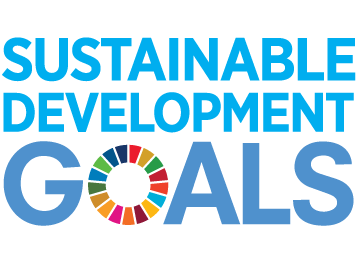
Today launches the United Nations (UN) SUSTAINABLE DEVELOPMENT GOALS GLOBAL FESTIVAL OF ACTION.
The event brings together leaders, authorities, advocates and creatives to expand the global movement to take action on SUSTAINABLE DEVELOPMENT GOALS (SDGs), a set of 17 goals outlined in the UN GLOBAL COMPACT, focused on addressing global challenges such as ending hunger and climate change, ensuring quality education, providing clean water and sanitation, and promoting responsible consumption and production.
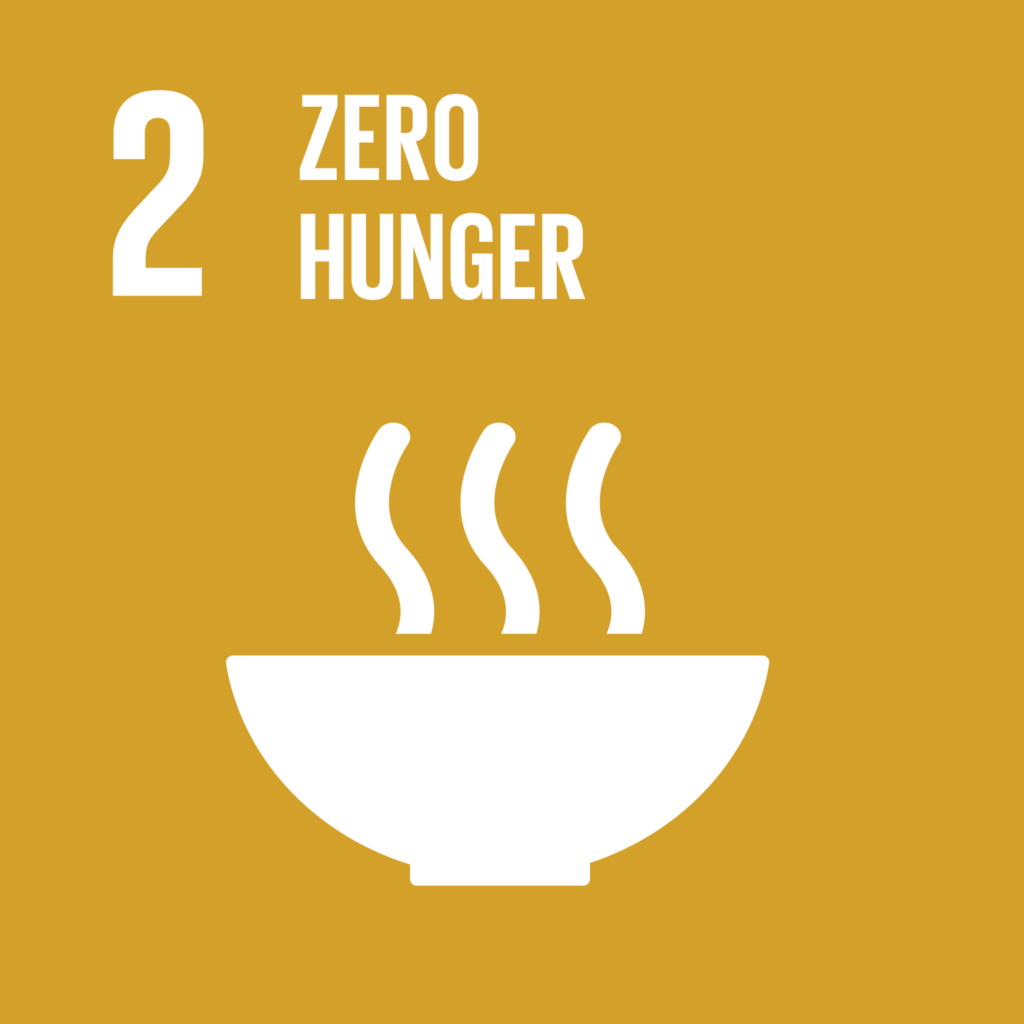
We provide strategic grants and product donations to regional food banks, including providing more than 46 million servings of protein last year and donating $1.2 million to 18 Feeding American food banks in 15 states.
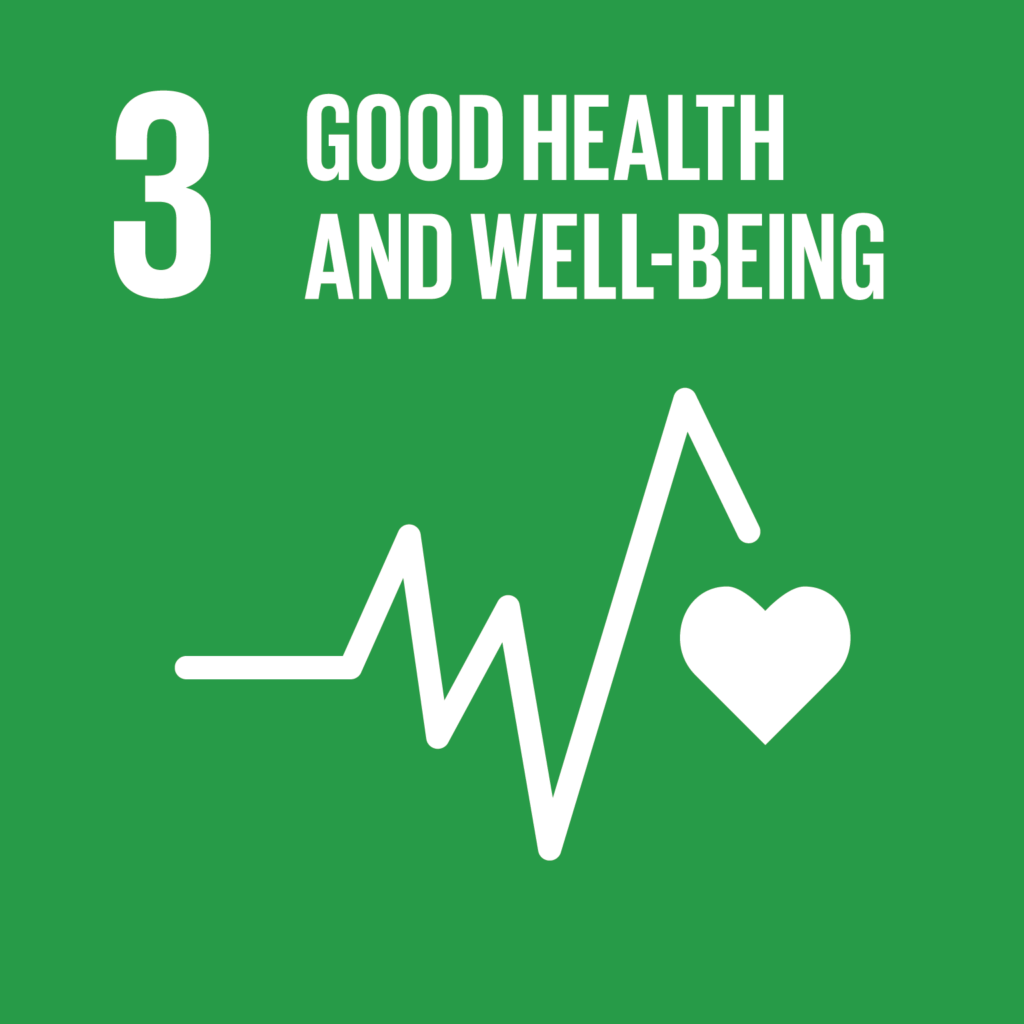
To help immigrant team members and community members better access and understand health care services, we gave more than $600,000 in grants to community health care providers in four states during our last fiscal year.
Additionally, during our last fiscal year, we invested in product innovations that included:
- Jimmy Dean® Protein Packs, which are individually sized and deliver on portability and portion control; and
- Jimmy Dean® Delights Egg’wich, which has fewer than 300 calories and offers a high-protein meal without the carbohydrates from bread.
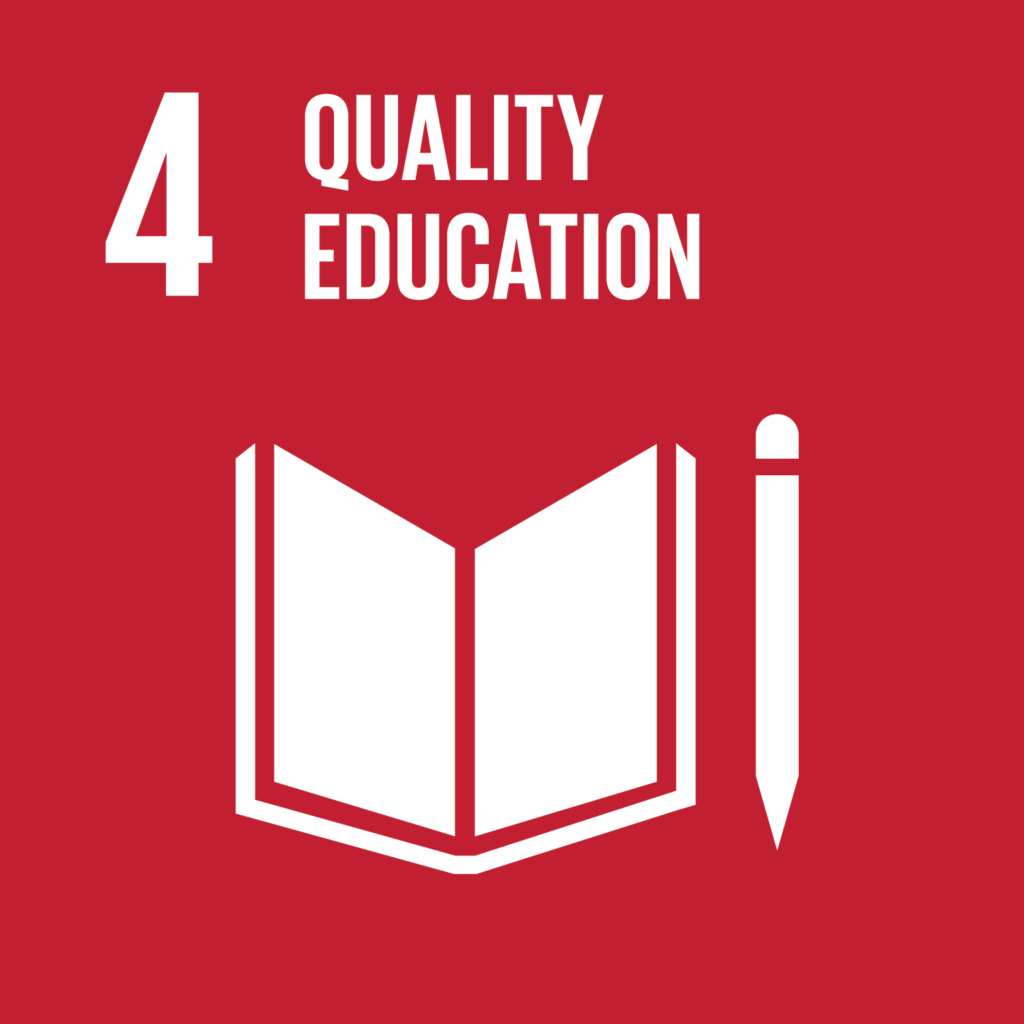
Our Upward Academy educational program provides team members with important life skills, offering free classes in English as a Second Language, General Educational Development, citizenship and functional literacy. More than 5,000 of our team members participated in this program last year. Through our Connect 4 program, high school students in three Arkansas public schools have an opportunity to develop both theoretical and practical knowledge of industrial maintenance, a trade specialty with 85 different skills such as HVAC, ammonia refrigeration, material handling, and robotics.
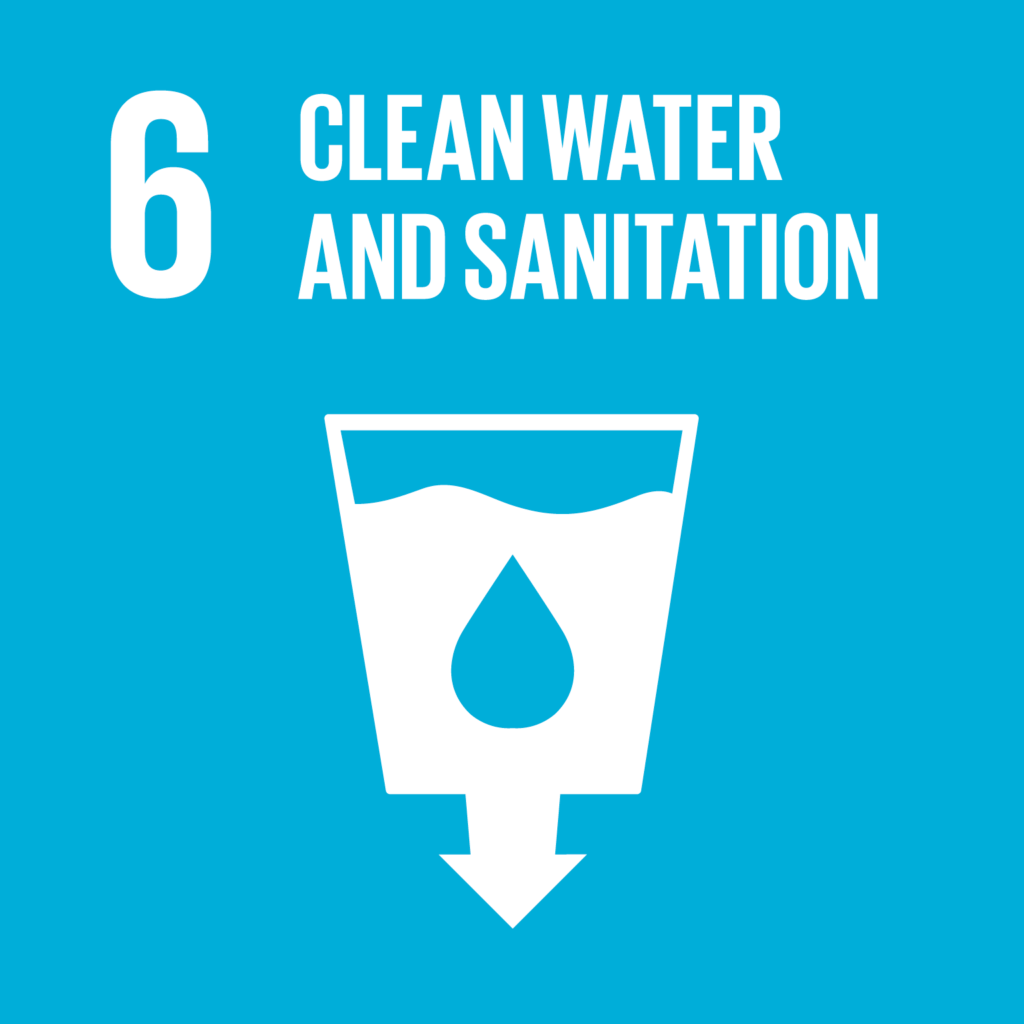
To better manage our water use, we have a target to reduce our water use intensity 12 percent by 2020 against a baseline of FY2015. We are on track to meet this target and have reduced our water intensity by nearly 3% since 2015, while growing our business. We are also collaborating with World Resources Institute (WRI) to further refine this goal and establish contextual-based targets that mitigate our water quality and scarcity risks around our facilities.
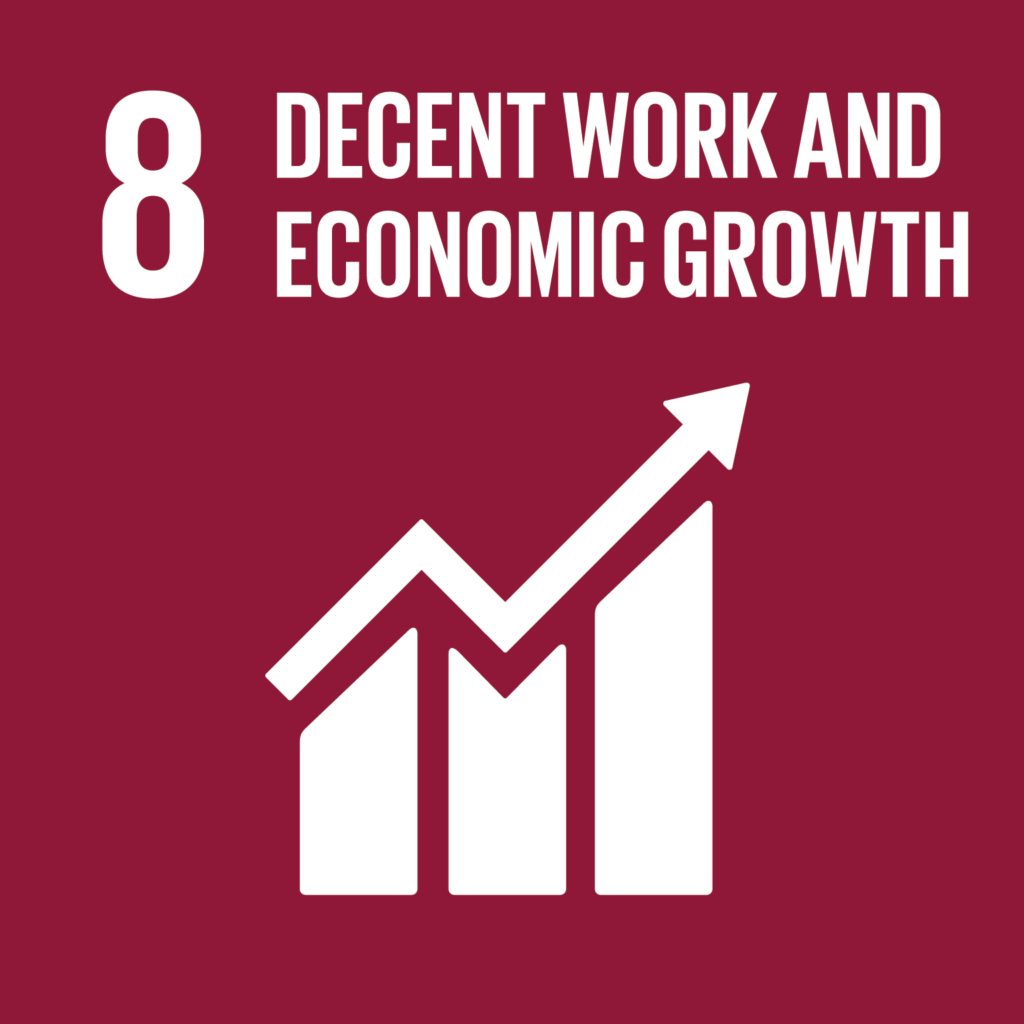
We have been making progress on programs to better support our hourly team members in the areas of workplace training, safety, compensation and benefits and life skills. In our last fiscal year, we reduced OSHA recordables by 22%, nearly doubling our 10% year-over-year commitment; continued to build a highly engaged team with a 10% increase in retention; and expanded our workplace education program, Upward Academy, to 33 locations.
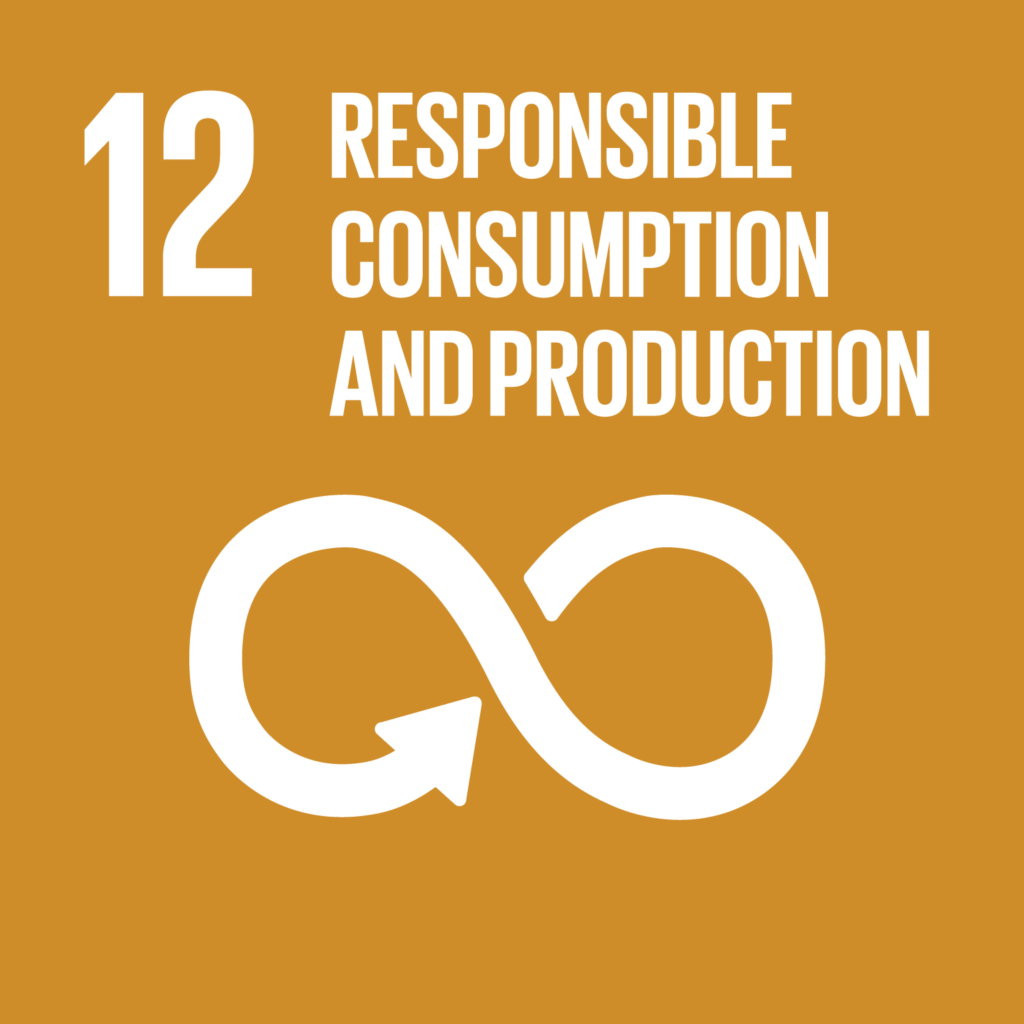
We are committed to sustainably feeding the world by optimizing the productivity of our operations and supply chain, raising animals in a responsible manner, and minimizing our environmental footprint.
- Our Animal Welfare Advisory Panel provides guidance on current animal welfare affairs, helps us determine ways to improve our FarmCheck® program, advises us on research priorities and projects, and alerts us to emerging technologies that may affect our industry and business.
- In the past two years, we set targets to reduce our water use intensity, GHG emissions and to promote the practice of sustainable land stewardship on two million acres of row crop corn.
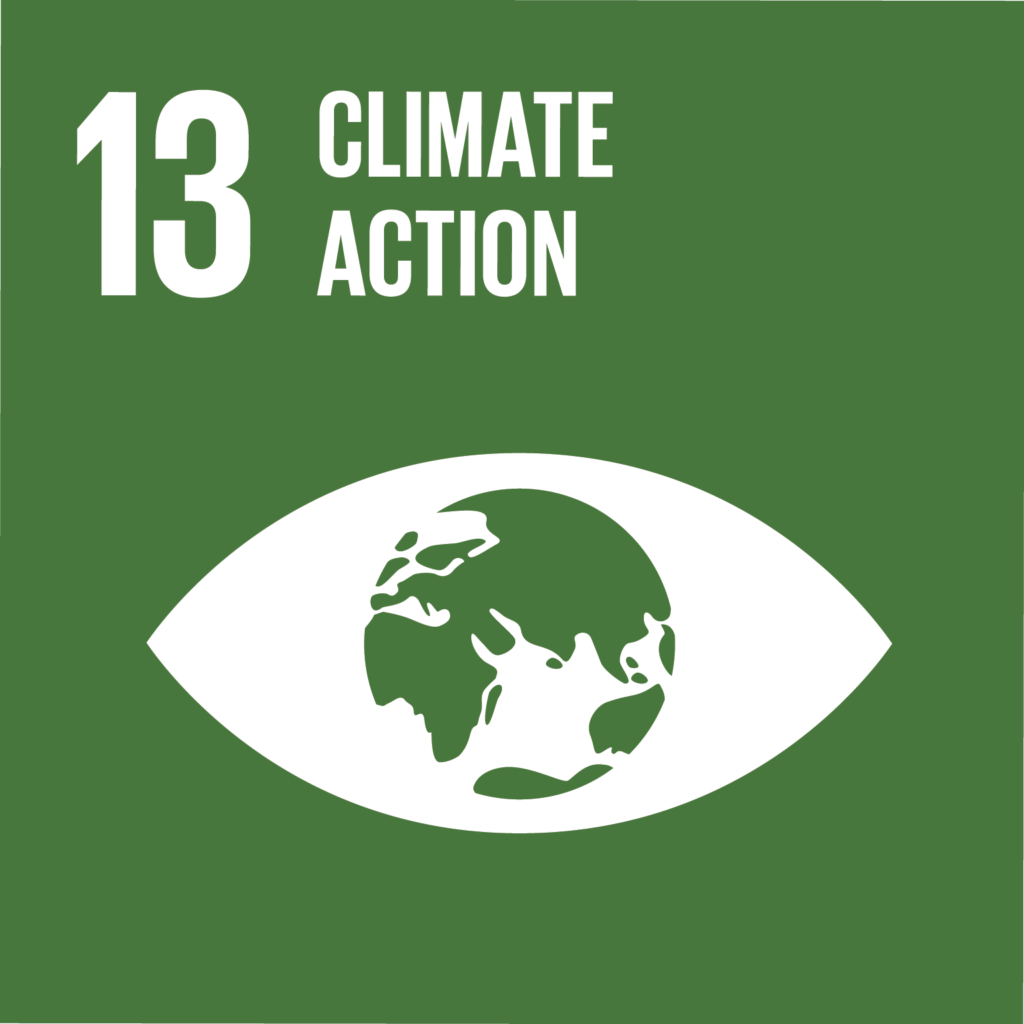
We are committed to meaningful reduction of our carbon footprint at every stage of our value chain. Our GHG reduction target of 30% by 2030 has been approved by the Science-Based Targets initiative, making us the first U.S. protein company in the food and beverage sector to receive such an approval.
Additionally, we formed a partnership with Environmental Defense Fund to accelerate sustainable food production and announced two land stewardship programs that will pilot and scale agriculture practices on 500,000 acres of corn to reduce greenhouse gas emissions, improve water quality and maximize farmer profitability. This effort is part of our commitment to improve environmental practices across two million acres of corn by 2020.

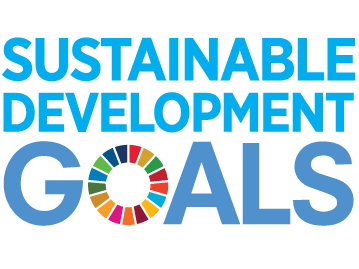

0 Comments
Leave A Comment